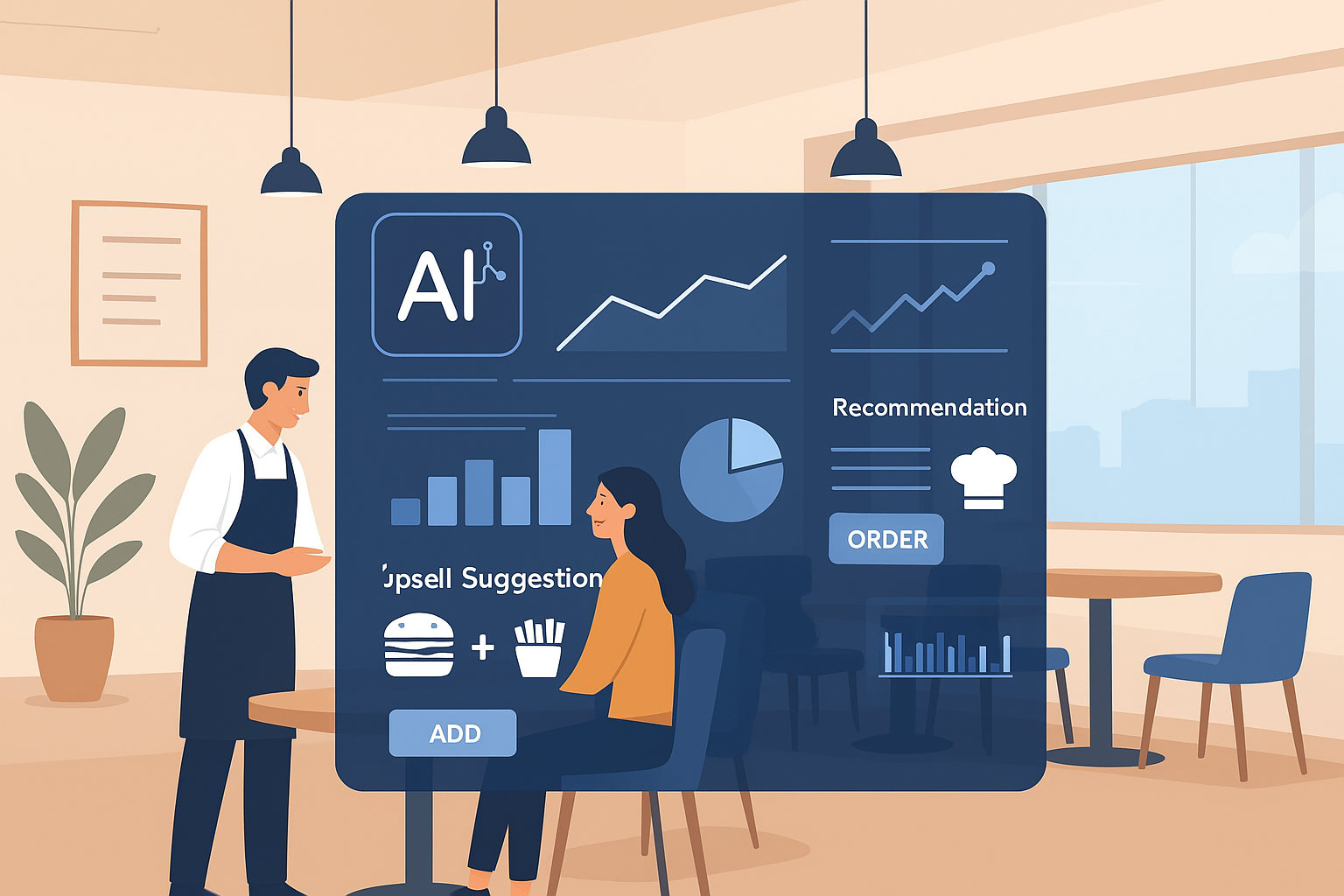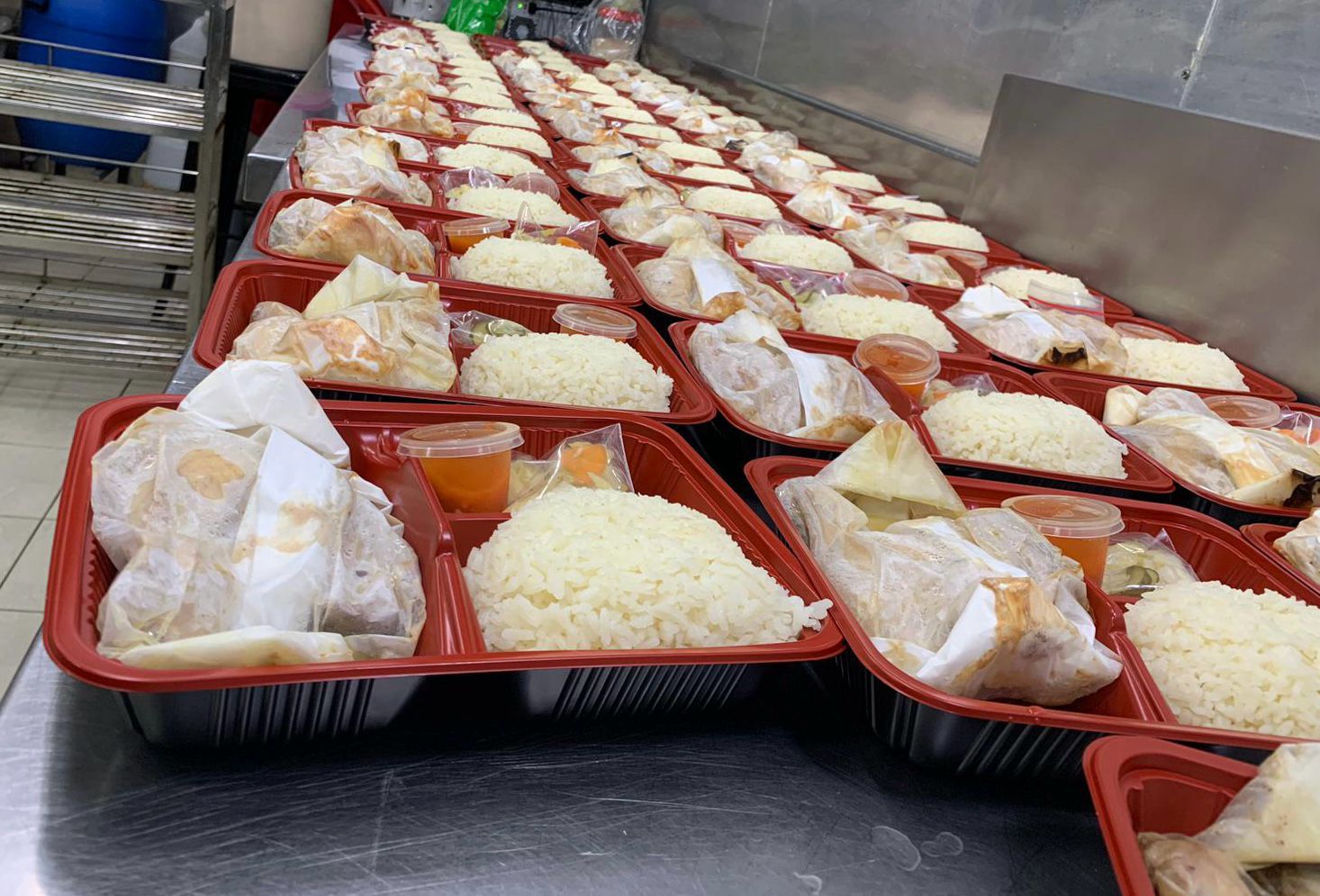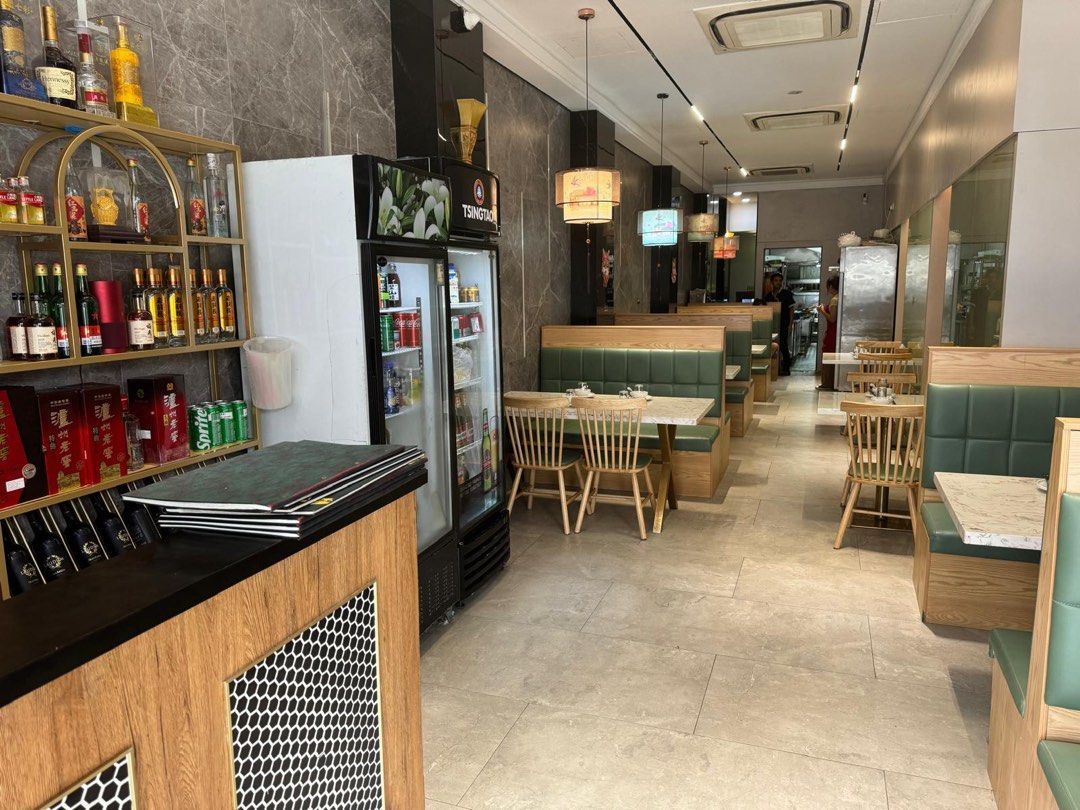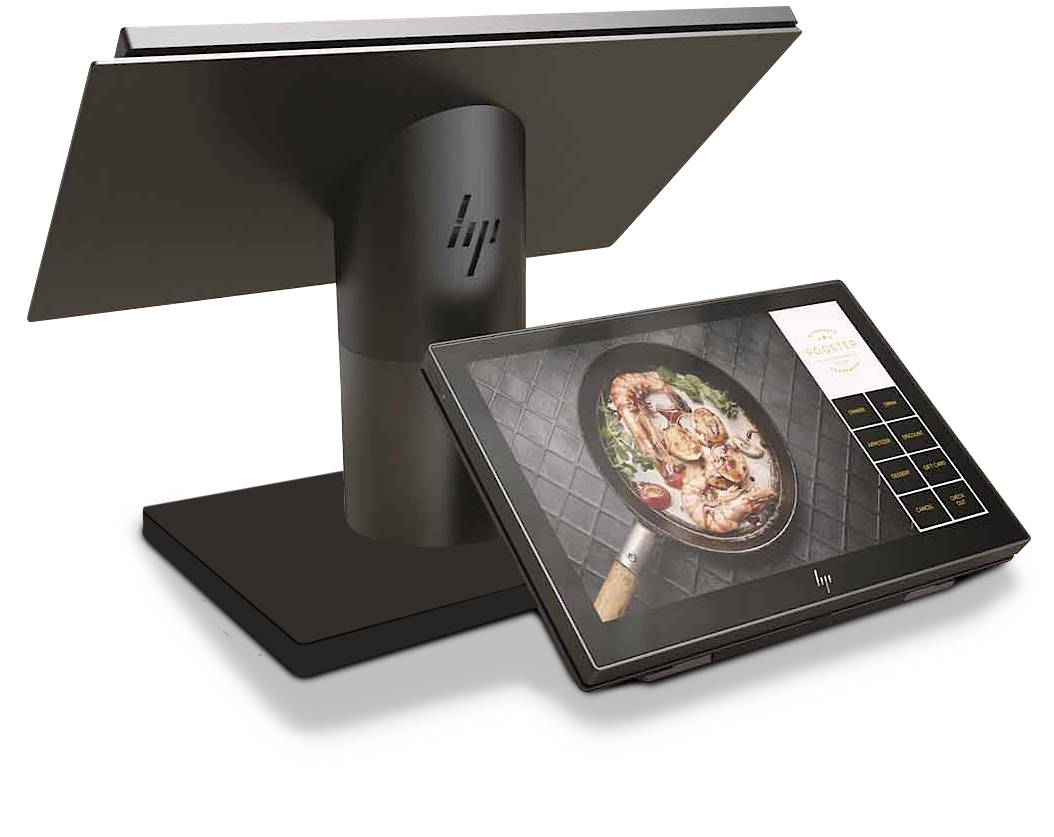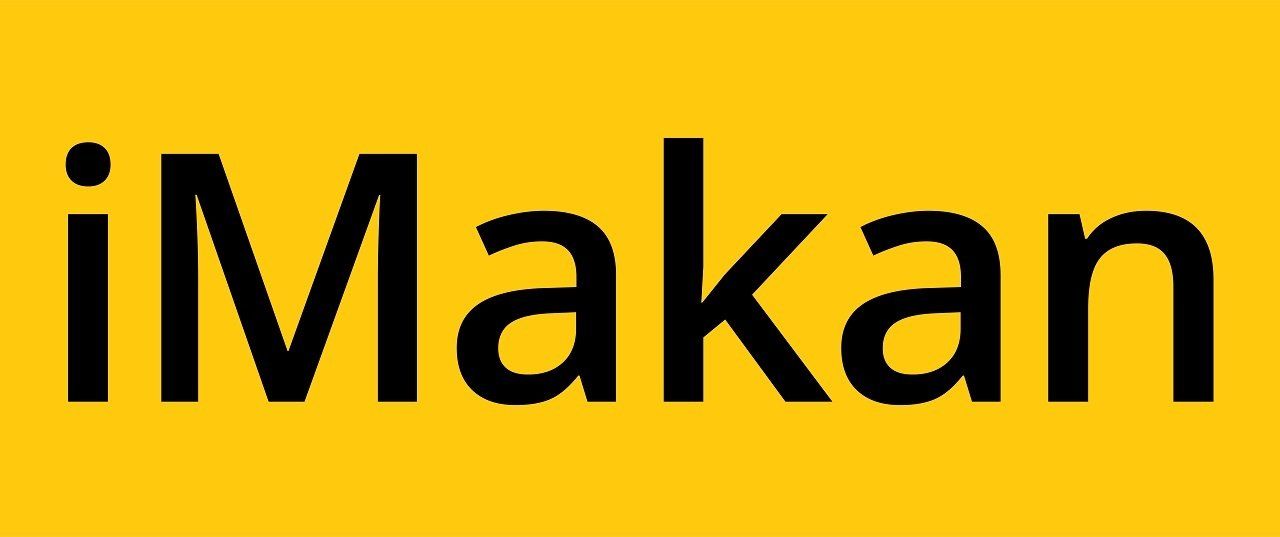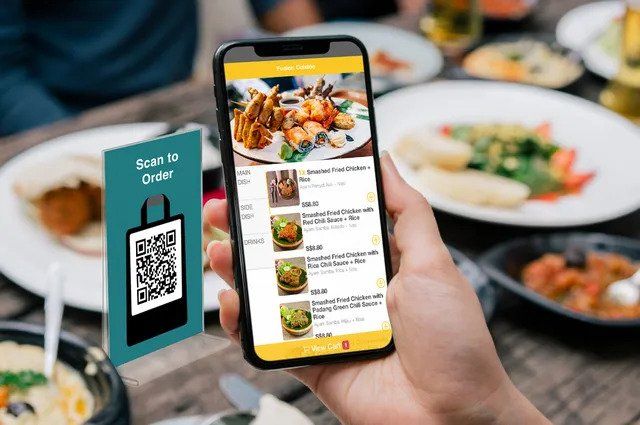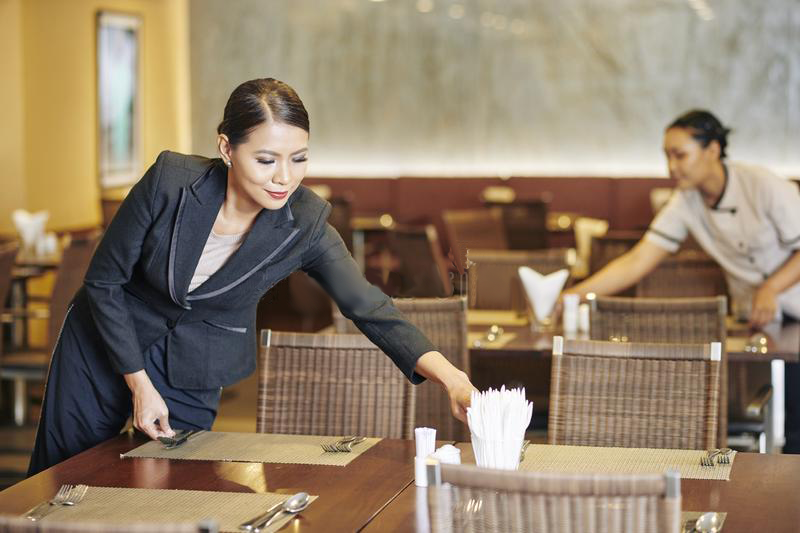
As a restaurant owner, you may not be able to stay in your restaurant to oversee operations all the time. Even more so if you are planning to operate multiple restaurant outlets.
Hence, hiring managers that are capable of doing so for you is important so that you can focus on other aspects of your restaurant business.
In this article, we share with you the 5 key qualities that you should look for when hiring a manager for your restaurant.
What is the job scope of a restaurant manager?
A restaurant manager is usually responsible for overseeing the back and front of house operation of a restaurant, ensuring that operations run smoothly and customers are satisfied.
Restaurant managers are also responsible for onboarding new staff, working with kitchen staff to revamp menus, monitor restaurant equipment, inventory and attend to customer’s complaints.
Lastly, working hours of restaurant managers are not any less than regular restaurant staff and may even be longer as they are usually the last to leave work.
If your restaurant adopts digital solutions like
QR ordering,
self ordering solutions and
POS systems, it makes the restaurant manager’s job less tedious by digitalizing your restaurants ordering process. This allows them to focus more on other key aspects of restaurant operations.
5 Qualities and skills that a restaurant manager should possess
- Strong leadership skills
- Customer management
- Able to multitask
- Ability to think on their feet
- Good communication skills
Strong leadership skills
A restaurant manager is responsible for leading the restaurant’s back and front of house team. Hence, having strong leadership skills and the ability to keep the team united and motivated is essential.
A good restaurant manager will have the skills to reduce the high turnover rates restaurants commonly face.
A restaurant manager that leads by example, is attentive to the team’s needs and gives clear instructions, keeping the team happy and engaged is more likely to create a highly productive work environment.
Customer management
A restaurant’s manager may be required to check on customers as they are dining from time to time, handle difficult customers and come up with solutions to many customer related issues throughout the day.
A restaurant manager coupled with a POS system or self ordering solution that has CRM capabilities is a sure fire way to boost your restaurant’s customer retention.
Able to multitask
Throughout a work day, a restaurant manager will have many tasks to handle simultaneously. For example, a restaurant manager has to maintain inventory and negotiate with the suppliers.
On top of that they may have to juggle tasks such as discussing menu changes with the kitchen staff and prepare a monthly budget plan.
So, in order to oversee a smooth operation, he or she has to be able to identify, prioritize, and handle multiple tasks at the same time.
Ability to think on their feet
During their work days, a restaurant manager may need to “firefight” problems. Since these issues are usually unexpected and never encountered before, restaurant managers have to be able to think and react quickly.
Even if restaurant managers are facing an operational nightmare, they have to ensure that the restaurant’s customers have a pleasant dining experience.
Good communication skills
On a daily basis, restaurant managers have to communicate with a diverse range of people, like service staff, kitchen staff, bosses and customers.
Having strong interpersonal skills is a must in order to ensure clear communication while maintaining healthy relationships with all stakeholders and their ground team.
If you are interested in a QR ordering system or self ordering kiosk, click
here to get a free demo.
